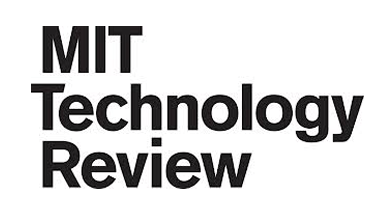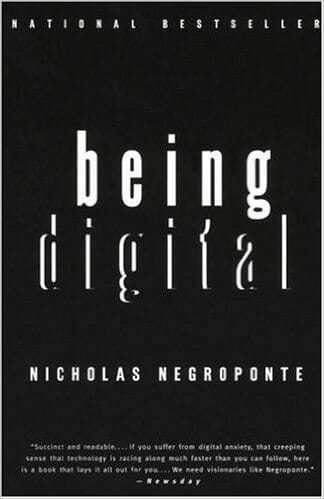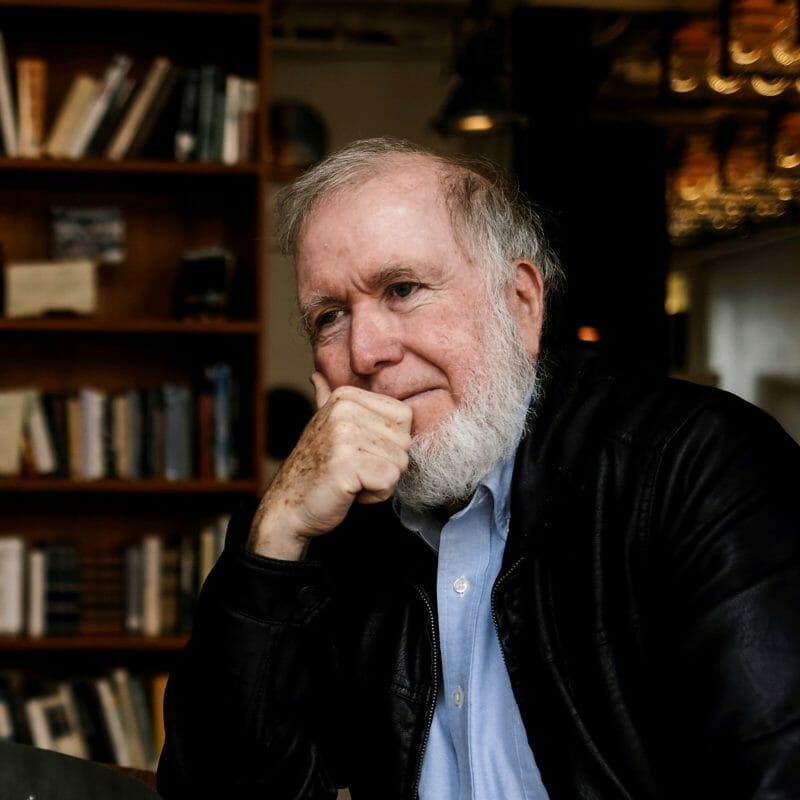Videos
Learn More About Nicholas Negroponte
Nicholas Negroponte is a world-renowned technology visionary with the keenest understanding of technology and its impact on business and society. An exceptional speaker, his broad range of experience and thorough understanding of digitization and its impact on industry make him the foremost authority on transformations that define our future. Negroponte is a new media pioneer and the driving force behind One Laptop per Child (OLPC), a non-profit that seeks to provide children around the world with new opportunities to explore, experiment and express themselves via computers.
After earning two professional degrees in architecture from Massachusetts Institute of Technology (MIT), Negroponte joined its faculty in 1966. Based on his extensive research in computer graphics, computer-aided design and human-computer interface, he founded MIT’s Architecture Machine Group, a combination lab and think tank, which studied new approaches to human-computer interaction. He later also founded MIT’s legendary Media Lab (1985), one of the world’s leading interdisciplinary research centers that applies an unorthodox research approach to envision the impact of emerging technologies on everyday life.
Negroponte continued to demonstrate his big-picture thinking by becoming the first investor for WIRED magazine, for which he also contributed a monthly article. Combining and expanding upon those ideas, he wrote the best-selling book “Being Digital” (Vintage Books, 1996), which solidified his status as an expert on how the worlds of interaction, entertainment and information would eventually merge. “Being Digital” has since been translated into 40 languages. He was the first speaker at TED and spoke over 10 times thereafter.
But, perhaps, his most notable and controversial achievement is his current non-profit program OLPC, a project to bring durable, affordable and innovative computers to children worldwide. Believing that a nation’s most precious resource is its children, Negroponte aimed to put low-cost, robust, connected laptop technology into the hands that need it most – the nearly two billion children in developing countries. This revolutionary way to promote learning started with Negroponte building five schools in rural Cambodian villages that do not have electricity, telephone or television – but now have broadband wireless.
In 2005, Negroponte unveiled a $100 laptop computer designed for children ages 6–12 years old in developing nations. As of March 2011, the OLPC program produced XO laptops for roughly two million children around the world in 25 languages and 40 nations, including Haiti, Afghanistan, Mongolia, Rwanda, Ethiopia and Palestine. In addition to his academic and philanthropic contributions, Negroponte also served the private sector on the board of directors for Motorola, Inc. (1995-2009) and as general partner in a venture capital firm specializing in digital technologies for information and entertainment. He has also provided start-up funds for more than 40 companies including Zagats, Ambient Devices, Skype and Velti.
Nicholas Negroponte is available to advise your organization via virtual and in-person consulting meetings, interactive workshops and customized keynotes through the exclusive representation of Stern Speakers & Advisors, a division of Stern Strategy Group®.
The Digital Civilization
Nicholas Negroponte’s 1996 book “Being Digital” gave a glimpse into the world we now occupy – complete with wireless, touch screens, ebooks and personalized news. In the 20 years since, digital has shifted from revolution to civilization. We now live, work and play in a digital age (to the extent our culture, infrastructure and economy allow, in that order). And like air and drinking water, being digital will only be noticed in its absence, not its presence, he explains. As we move beyond digital, Negroponte gives us another glimpse of the surprising changes and possibilities that lie ahead. He explores several forces of change that he predicts will – and some that already do – affect the planet profoundly, including extreme bionics, real artificial intelligence and connectivity as a human right.
True Innovation Shouldn’t Focus on the Outcomes – Celebrate the Process
In the developing world, we are sharing the wrong message about entrepreneurship and what constitutes success. A 12-year-old from Sierra Leone made a battery out of garbage, an achievement celebrated by many. But the accomplishment wasn’t the battery; it was the style of thought that led him there. When we become focused on the outcome and attach our work to it, we find ourselves resistant to trying new things and putting forth our best, innovative efforts. Nicholas Negroponte, drawing insight and inspiration from personal experiences throughout the globe, delves into why this is and how we should instead attach worth to effort – making the innovation process itself exciting and rewarding regardless of outcome.
Creating a More Peaceful Planet Through Technology
Global access to the “digital world” – by children and poorer nations – carries unprecedented potential to bridge education divides, transform learning and improve skills for the globalized economy. Nicholas Negroponte believes the results will drive local value and identity, spur global understanding, and ultimately, create a more peaceful planet. He discusses the impetus behind his pioneering One Laptop per Child program and his more recent reading experiment in Africa as examples of how technology is transforming education while helping break down national borders.
Righting the Wrongs of How We Learn
What if we have learning all wrong? The industrialization of schooling, says Nicholas Negroponte, has replaced our natural wonder of learning with an obsessive focus on facts. We treat knowing as a surrogate for learning even though experience tells us it is quite possible to know about something while utterly failing to understand it. Compounding this, he says, is our fatally flawed belief that anything can be taught and there is a perfect way to teach everything. The lesson doesn’t just apply to children or to developing countries either. In a provocative discussion, Negroponte ponders how our world would be a better place if we focused less on measuring what we tell people and more on understanding how they discover.
Technology: Always Think of the Provocative
The history of innovation is testimony to questioning assumptions and given truths about our world. Particularly in technology, Nicholas Negroponte provokes questions today about how students are better taught through technology (not the way you probably think) or by questioning if prevailing condemnation, ranging from genetically modified foods to nuclear power, is based on wisdom or short-term considerations. Consider that at the times when Negroponte was advocating the creation of MIT’s Media Lab, underwriting Wired magazine, authoring “Being Digital,” a New York Times #1 bestseller, starting the initiative to give poverty-stricken and education-deprived children computers, the worldwide consensus was, on each occasion, opposed to these innovations. When did an innovation ever come from consensus?
“He is the original disruptor for a reason. Our audience was in awe of him and he set up the theme and context for the next 2 days perfectly. We could not have been happier!”


































